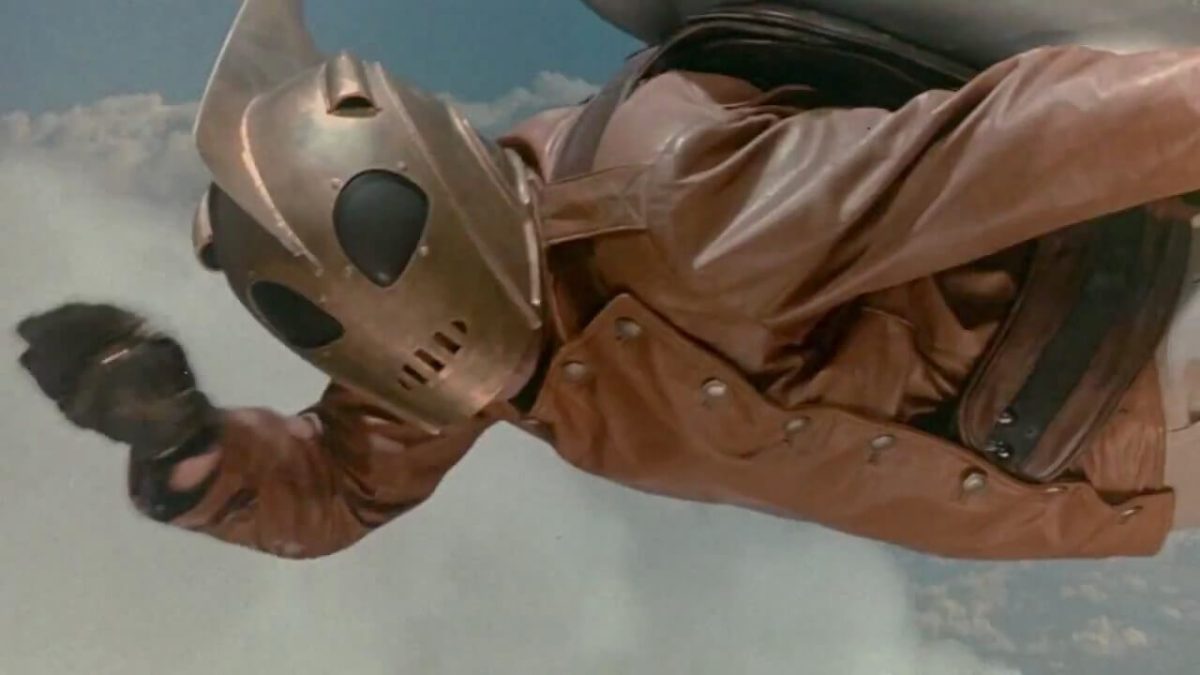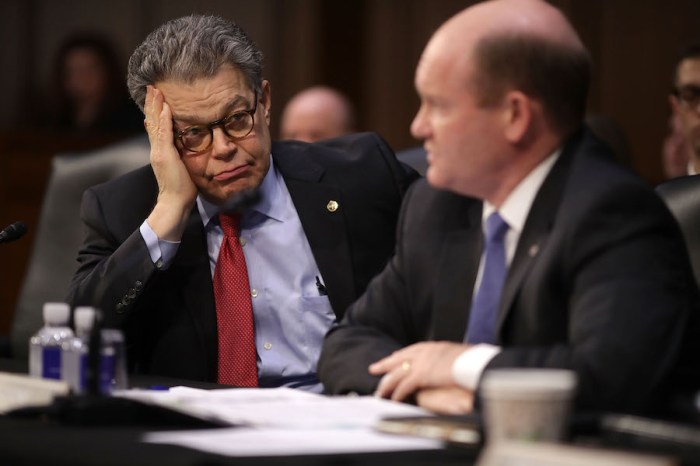‘The Rocketeer’ As far as origin stories go, “The Rocketeer” is slightly more than slight. In a fun turn, the main baddie is an Errol Flynn-esque superstar (a delightfully rakish Timothy Dalton), who boasts German ties. (In real life, Flynn was merely a pro-Castro-ite who, in 1958, cast his underage girlfriend in the film “Cuban Rebel Girls.”) Giddily directed by Joe Johnston (later of “Jurassic Park III” and the first “Captain America”), it’s steeped in Hollywood lore; the block-faced henchman (Tiny Ron Taylor) is possibly a nod to grotesquely disfigured B-movie legend Rondo Hatton, star of “The Brute Man.” It’s an alternate world franchise starter, one where ’30s comics still rattle through the American imagination, and where the capable Campbell and Dalton — to say nothing of a smoldering Jennifer Connelly, as the token helpless love interest — are all mega-stars. But too late is never too late. ‘Los Angeles Plays Itself’ ‘Who Framed Roger Rabbit’
Netflix Instant
Streaming video was made to salvage an undeserved misfire like 1991’s “The Rocketeer” — a breathlessly hyped (or advertised) would-be blockbuster that at least deserved better than modest returns. Hailing from a brief period when Hollywood thought the world clamored for Depression-era entertainments (see also: “Dick Tracy,” “The Shadow,” “The Phantom,” though Dave Stevens’ comic was an homage), it fits a good ol’ country boy (Bill Campbell) with a Nazi-bred super-rocket, which turns him into a budding masked superhero fighting the Axis powers on American soil.
Netflix Instant
“The Rocketeer” makes fine use of Hollywood as a setting, including a fiery bit with the old “Hollywoodland” sign. It alas goes unmentioned in this exhaustive, brilliant (and once impossible to find) documentary epic from film professor and cine-essayist Thom Andersen, which delves deeply — and often irritatedly — into the city’s diverse portrayals in the movies. There are many arguments Andersen makes — some in anger — about how the city has been demonized or misused, forced to stand in for other nations. (Among its most cogent complaints is how modernist architecture has regularly been used as shorthand for extravagant evil, with baddies shacking up in some of the city’s most striking homes.) Throughout, a city — both the real and fictional — comes thrillingly alive.
Netflix Instant
One of the films cited in “Los Angeles Plays Itself” is one of the least likely great Los Angeles films: a case of bald corporate synergy that actually proved great for execs, artists and viewers alike. Indeed, this, not 1990’s “The Two Jakes,” is the proper sequel to “Chinatown”: a look at the city’s nasty evolution. Where that film was about water, this is about highways, and just because it teems with wacky toons doesn’t make it any less savage.
Stream This: ‘The Rocketeer,’ ‘Los Angeles Plays Itself’ and ‘Roger Rabbit’

Provided


















